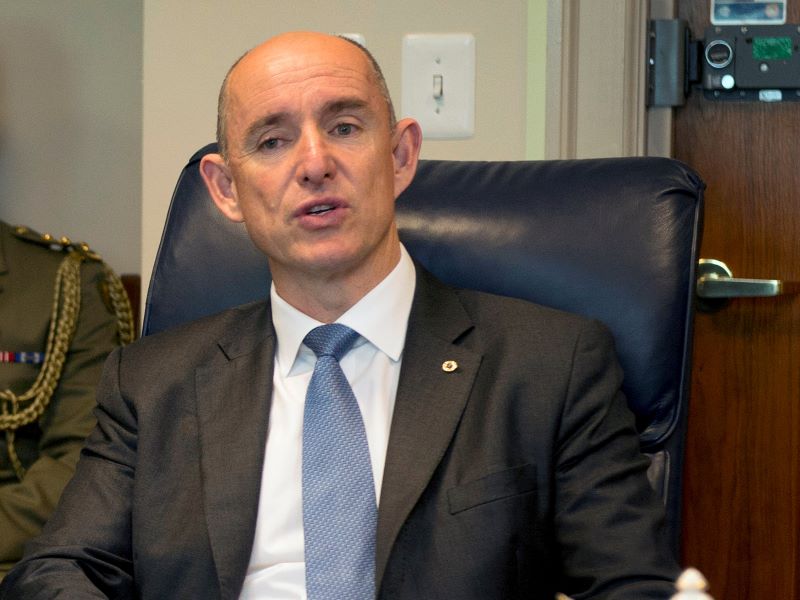More than 60 eminent Australian professors have signed an open letter decrying acting education minister Stuart Robert’s veto of university research funding on “national interest” grounds.
Published Tuesday, the open letter is signed by 63 Australian Research Council (ARC) Laureate Fellows – the most prestigious research fellowship in Australia – including a Nobel laureate.
It criticises the minister’s intervention to block funding of six projects which had been recommended by the independent ARC for funding after “rigorous and independent peer review”.
The letter also condemns the unprecedented delay in announcing the recipients of Discovery Project grants late last year, including a “heartless” decision to make the announcement on Christmas Eve, more than a month later than usual and leaving just a week to prepare for some projects.

Mr Robert blocked six humanities projects which would explore China, climate change and literature from receiving funding from the ARC because they “do not demonstrate value for taxpayers’ money nor contribute to the national interest”.
In response, the laureates’ open letter also takes aim at the Mr Robert’s recent direction to the ARC to steer more funding to projects that align with the government’s manufacturing priorities and a greater focus on translation outcomes, including new industry input on application approvals.
“Whether it be the test of ‘national interest’ or an excessive focus on a sector like manufacturing, research funding in Australia is becoming political and short sighted,” the letter, addressed to Mr Robert and outgoing ARC chief executive Sue Thomas, says.
“The best return comes from letting researchers focus on curiosity driven research. This has given us mRNA vaccines, the laser, and many other inventions that have lifted the quality of our lives.”
The letter makes five recommendations to address the concerns, including that the minister accept and approve funding for ARC grant applications which satisfy the ARC’s peer review and eligibility process, and that the funding agency be allowed to “return to its core mission of funding fundamental curiosity driven research without political interference”.
It also calls for a definite date for informing applicants at least a month prior to research projects start dates, an explanation for the latest delay – the longest in 30 years, and for future announcement not to be made on dates like Christmas Eve to respect applicants’ work life balance.
University groups are currently seeking an explanation from the minister about the intervention and a commitment to prevent it happening again.
Do you know more? Contact James Riley via Email.

